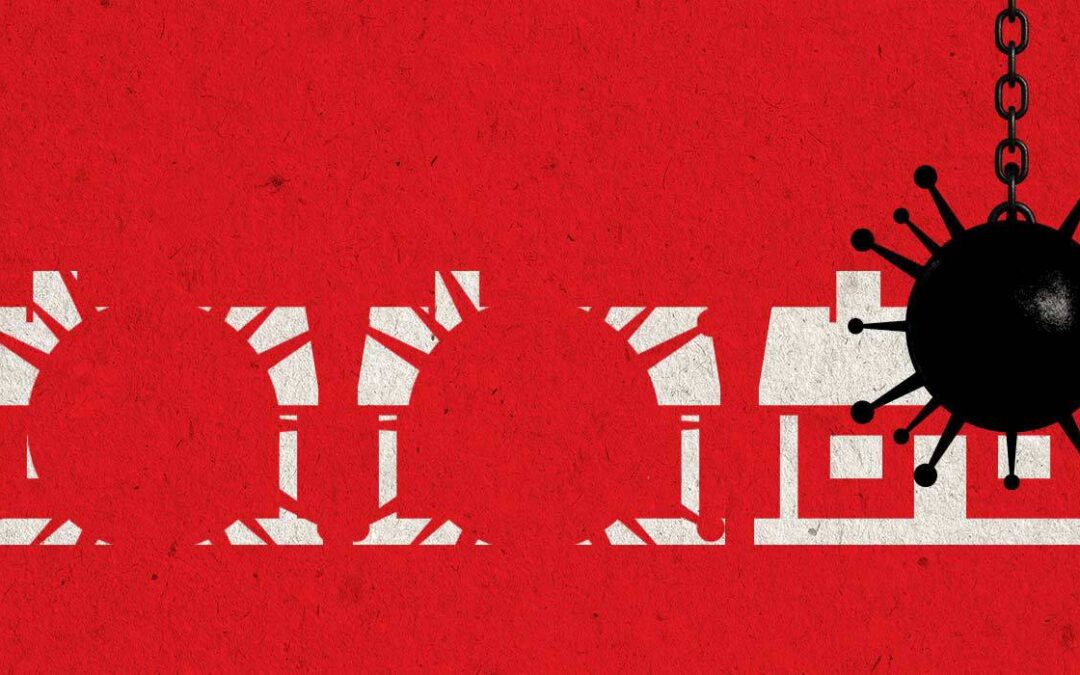Princeton researchers now report that low-income Black households also experienced greater job loss, more food and medicine insecurity, and higher indebtedness in the early months of the pandemic compared to white or Latinx low-income households. Published in the journal Socius, the paper provides the first systematic, descriptive estimates of the early impacts of COVID-19 on low-income Americans. The findings paint a picture of a deepening crisis: between March and mid-June 2020, an increasing number of low-income families reported insecurity. Then they took on more debt to manage their expenses. To read the full story.
Recent Posts
- To Heal Skin, Scientists Invent Living Bioelectronics.
- Register for Children’s Specialized Hospital Distinguished Lecture on 8/14
- Researchers Shed Light on Cause of ‘Happy Hypoxia’ in COVID-19 Patients.
- Upending Conventional Wisdom, Cannabis Use Doesn’t Hinder PTSD Therapy.
- Many Firearm Owners Can’t Recognize When a Cable Lock Is Properly Installed.
Categories
- Community (1,944)
- Covid (971)
- CTO Events (1)
- News (2,488)
- Pilots (20)

